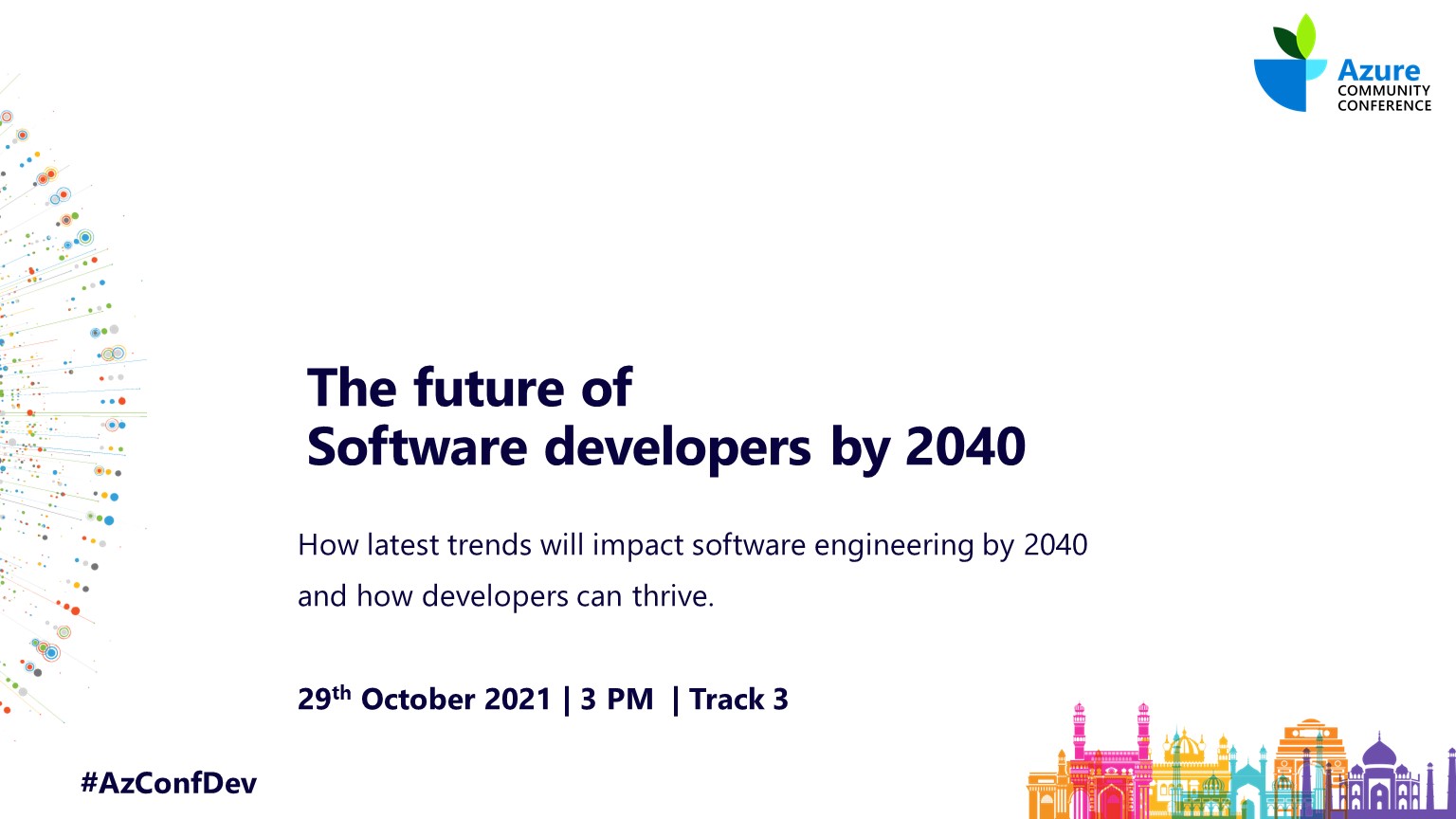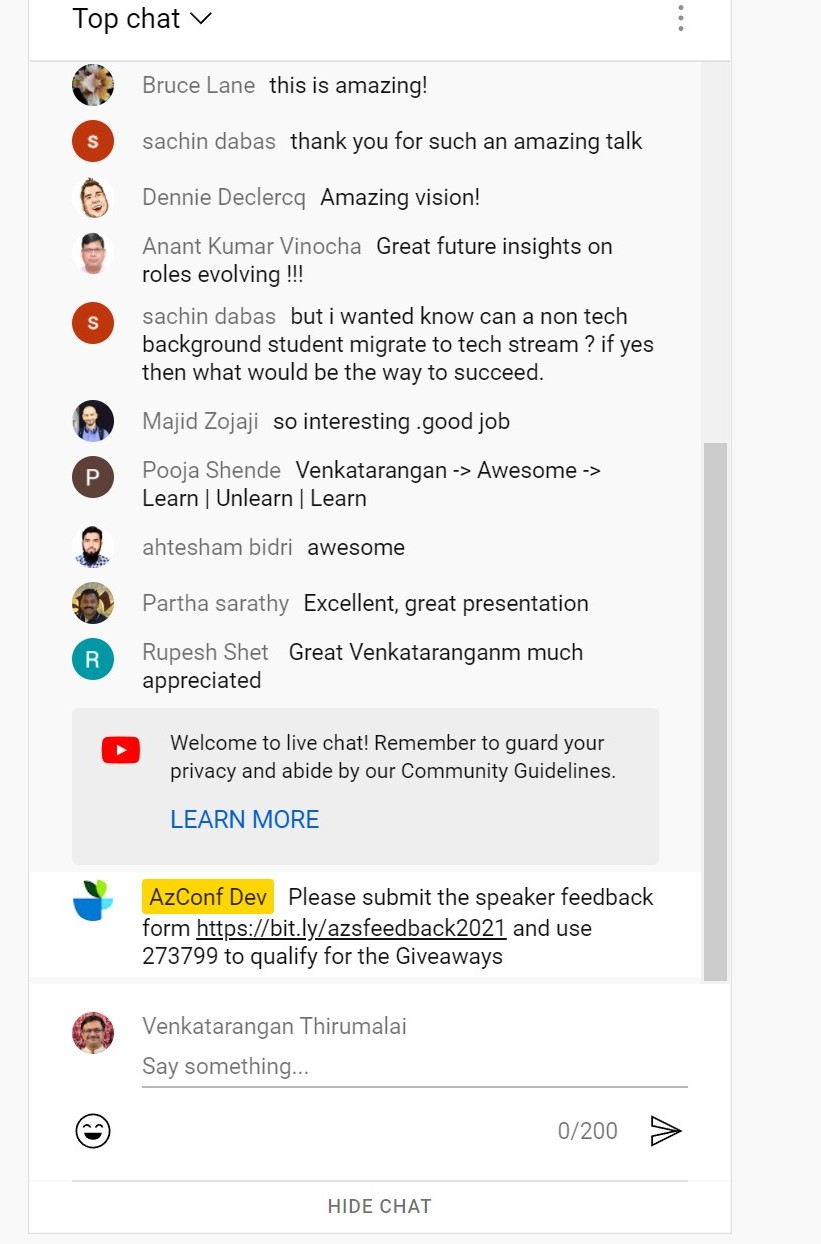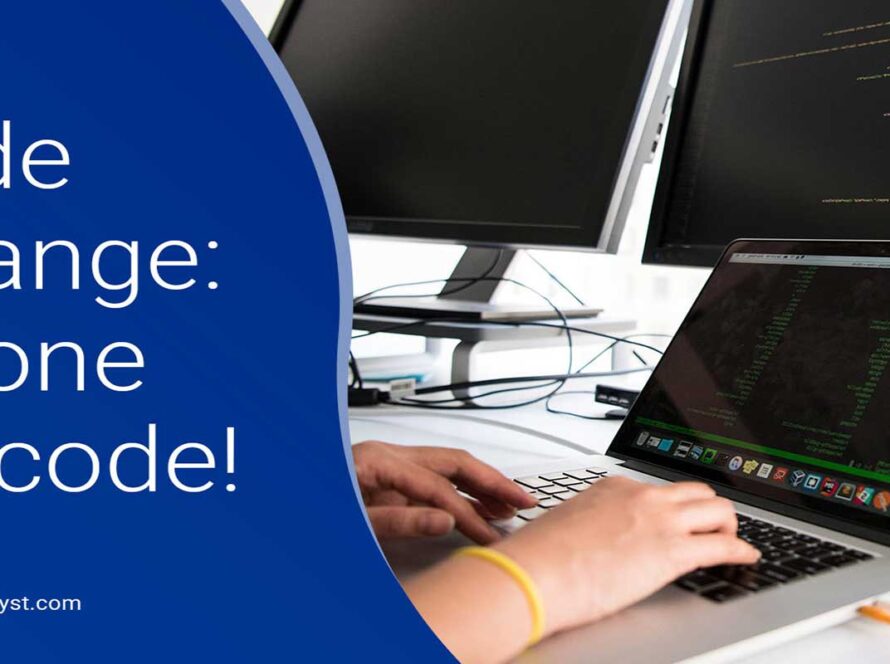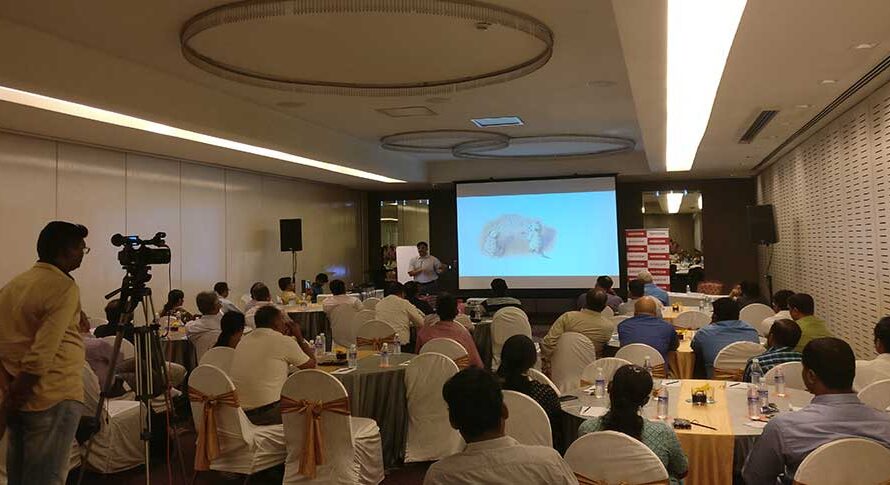Two years ago, I delivered a keynote speech for Azure Community Conference on The Future for Software Developers by 2040. The talk feels relevant in 2023 due to the early signs of the trends we take for granted today with GenerativeAI and Large Language Models, were beginning to appear in that timeframe.
Predictions are always riskier, especially one for a fast-moving, exponentially growing field like AI. With that caveat away, I started my talk and begun to explore on how Artificial Intelligence (AI) and Automation will impact software engineering by 2040 and how developers can stay relevant. I didn’t plan to be a fortune-teller, nor the year 2040 is going to be a magical year, but the idea was to get the audience to think about the solutions for their today’s problem from a probable future mindset. This should help to broaden their exploration surface and to get them to think outside the box. Hopefully it may also make them develop solutions and products that will be on a solid footing yet nimble enough to change which is sure to happen a lot over the next two decades.
I presented on the following four key areas:
- First, on the current job market, the short term immediate changes expected and the long-term trends.
- Second, the changes that have happened during the pandemic months around the practice “Work from Home”, which has led to a boom for hiring of remote talent. In 2023, we have seen some of these being rolled back, but over the long term I believe they are here to stay and will continue.
- Third, the technology trends that are underway with AI, Automation, Low-Code & No-Code platforms. For example, Open AI Codex platform that generates codes and code-patterns will dramatically improve developer productivity, and I followed it with a demo of GitHub CoPilot which was in Beta at the time of the talk. With Generative AI improvements in 2023 we are seeing on how software will get developed and tested. In the talk I showed the early signs of them – on the way software can be tested and deployed, with Functionize, Code Defect from Microsoft, URL2Video from Google, CodeBert from Microsoft Research and so on. In the future, I see almost the entire software testing and deployment will be beyond the capabilities of humans and will be handled entirely by computers. The impact of Quantum computing will be complimentary and in specialised fields, but it will definitely bring huge benefits to cryptography and other related fields.
- Fourth, I explained on how software developers and software engineers can stay relevant for the next two decades. I propose CO.L.A. which is about continuous learning (and unlearning) and appreciating that technology will compliment human faculties and not as a threat to their jobs.
I explained the scary, the good that is likely to come and how to stay relevant.
By 2040 – The Scary
- None of the roles in software industry we are having in 2020s will be there in 2040
- Current software services model of Time & Material (T & M), or the Baseline maintenance model, will be history
- The default choice of software development will be no-code (or generated by AI as we have seen in 2023)
- The entire testing and deployment of software will be orchestrated, handled and managed by machines
By 2040 – The Good
- Creative Self-Starters and generalists who can leverage the AI systems will do extremely well. No more linear career growth will exist in most industries, Lattice Career Progression will be the norm
- New roles around communication will be appearing
- Quantum Computing engineers will be in demand
- Every job role will be a software engineering role
Developers can stay relevant for the future by:
- Leaving your current baggage
- Be open for continuous learning
- Improving their interpersonal skills & communication
- Be Curious & be informed
- Leave the tactics, syntax and programming language knowledge to the machines, you focus on the strategy, the big picture and the domain expertise.
Let us remember to “let machines be machines, and let humans be human”.




